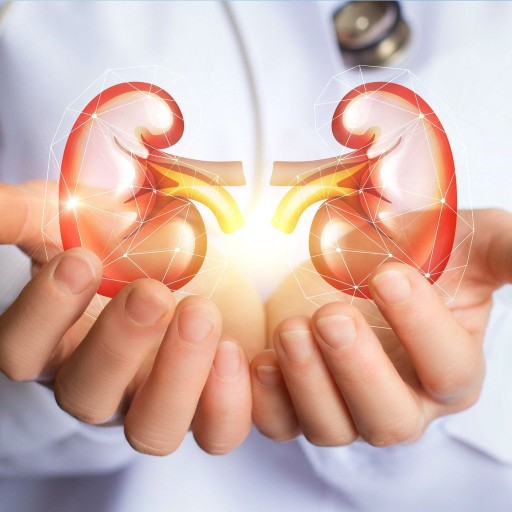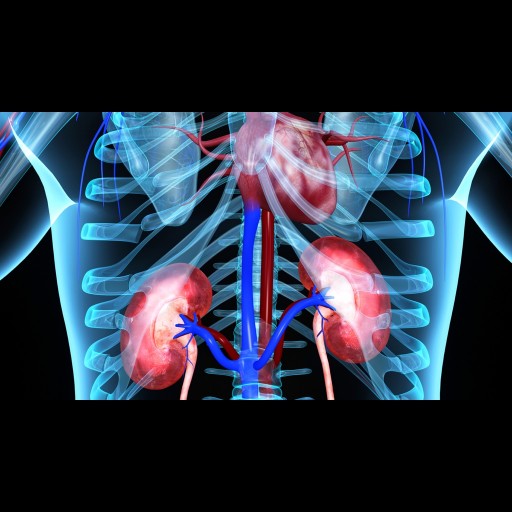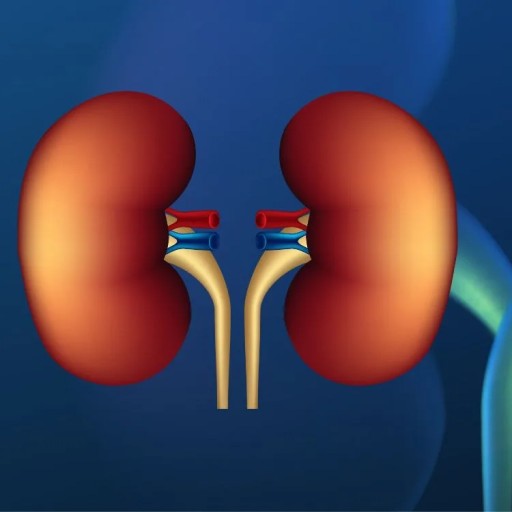The Latest Treatment For Chronic Kidney Disease: What’s On The Horizon?
Chronic kidney disease or CKD can be described as a condition when there is damage to your kidneys and they are unable to function properly. Kidneys are important organs of your body as they help in filtering out toxins and waste matter from your bloodstream.
When the kidneys fail to function properly, toxins begin to accumulate in the bloodstream. There is no proper cure for CKD at present. However, we have seen some new innovations and discoveries in the world of medical science which has given rise to some new form of treatment using drugs.
In this article, we will discuss about those treatment, symptoms of CKD, the importance of detecting this disease and some ways of reducing the risks of this disease. Let us begin.
Early detection and diagnosis of chronic kidney disease
Early detection of CKD is very much important for preventing the progression of this disease in an efficient manner. Daily health check-ups can be helpful in identifying CKD at its initial stages.
Healthcare professionals can learn about the presence of this disease by monitoring blood pressure, sugar levels, creatinine and glomerular filtration rate or GFR even before symptoms appear.
Nowadays, diagnosing CKD has become easier because of innovation in diagnostic tools.
New biomarkers and imaging techniques are available at present which has greatly improved the accuracy of CKD diagnosis. These unique innovations help the doctors to identify CKD at its initial stages, thus enabling them to design an effective treatment plan.

Common causes of kidney disease
The two main causes of chronic kidney disease are diabetes and hypertension. Some of the other common causes of kidney disease are as follows:
●Glomerulonephritis: Glomerulonephritis is one of the common causes of kidney diseases. This occurs when any damage occurs to the glomeruli, which are the filtering units of your kidneys.
●Membranous nephropathy: Membranous nephropathy is another cause of kidney disease. This occurs when the immune system of your body attacks the waste filtering membranes of your kidney.
●Polycystic kidney disease: Polycystic kidney disease is a genetic disorder which results in the formation of various fluid-filled cysts in your kidneys. This reduces the ability of your kidneys to function properly.
●Vesicoureteral reflux: Vesicoureteral reflux is also responsible for kidney disease. This is a condition in which urine flows backwards to the ureters of your kidneys.
Symptoms of chronic kidney disease
Some of the common symptoms of CKD are as follows:
●Frequent urination
●Loss of appetite
●Bubbly or foamy urine
●Exhaustion or fatigue
●Dry and itchy skin
●Puffiness around eyes, ankles and feet
●Trouble in sleeping
●Feeling of nausea
●Muscle cramps
●Blood in the urine
●Dizziness
●Smell of ammonia from mouth
●Severe itching
●Shortness of breath
●Darkening of skin

Risk factors associated with chronic kidney disease
Some of the risk factors which are usually associated with CKD are as follows:
●Diabetes
●High blood pressure
●Obesity
●Smoking
●Cardiovascular diseases
●Family history of kidney diseases
●Abnormal size and structure of kidneys
●Frequent use of pain killers and other forms of medicines which can damage kidneys.
How can you minimize the risks of developing chronic kidney disease or CKD?
There are numerous ways by which you can minimize the risks of chronic kidney disease. Some of the ways have been discussed below:
Try to manage blood sugar levels
Blood sugar levels are influenced by multiple factors. Some of these factors are out of your control, such as hormones and stress. High blood sugar levels can make the blood vessels inside your kidney narrow and clogged. This can be detrimental for your kidneys.
This is the reason why you should try to control and manage your blood sugar levels. You can do this by eating a healthy diet, consuming medicines for lowering blood sugar levels and exercising regularly.
Eat a balanced healthy diet
Eating a healthy diet will also help in reducing the risks of CKD. A balanced and healthy diet can help in lowering blood pressure as well as fat lipids (fat in your blood).
You have to include fresh fruits, vegetables, fat free or low fat milk and milk products, fish, seeds, poultry beans, whole grains and nuts in your diet. You should maintain a diet of less sugars, sodium and fat. Try to avoid consumption of red meat as much as possible.
Try to control blood pressure
High blood pressure is harmful for kidneys as it can damage your kidneys and increase the chances of CKD. If your blood pressure is high, you can consult with your doctor.
He or she may prescribe you some medicines for lowering your blood pressure. You can also lower your blood pressure naturally, by reducing the consumption of salt and alcohol and exercising.

Try to quit smoking
Smoking can cause significant damages to your kidneys. It can also worsen your pre-existing kidney problems. It will be better if you quit smoking altogether. It can be difficult, but you should try to avoid smoking for your own good.
You can also consult with a doctor and discuss about the strategies for avoiding this harmful habit. Your doctor may even give you some medicines which will help you in the process of quitting smoking.
Exercise regularly
Regular exercises can help in lowering the risks of developing chronic kidney disease. Daily exercises will enable you to lose excess weight and maintain a healthy weight. Exercises will also help you to control blood pressure and cholesterol levels.
There are various types of exercises which can help you to reduce the risks of CKD and stay healthy, such as walking, skipping, cycling, jogging and swimming. You can also consult your doctor about proper exercises for maintaining a healthy body.
Advances in Pharmacology
In the contemporary period, some major developments have occurred in the pharmacological treatment for chronic kidney disease. In some clinical trials, new medications approved by the Food and Drug Administration or FDA have been effective in slowing the progression of CKD and reducing the risks of cardiovascular diseases.
Some emerging therapies are also showing promise in their clinical trials.
Chronic kidney disease is a deadly disease which should not be treated lightly. One can reduce the risks of this disease by maintaining a balanced diet. Early detection can help in treating this disease efficiently.
OTHER NEWS
-
- Understanding Reinsurance: How it Benefits the Insurance Industry and Consumers.
- By Wendy 30 May,2023

-
- 7 Ways Interest Rates Affect the Stock Market
- By Prodosh Kundu 13 May,2024

-
- The Rise of Tech Stocks: Five Key Areas Investors Should Watch
- By Prodosh Kundu 24 Jun,2024

-
- The Best Time to Apply for a Credit Card.
- By Wendy 24 Apr,2023

-
- Crucial Factors for Your Ideal New Construction Home: A Guide to Finding Your Dream Residence!
- By Wendy 25 Jun,2023

-
- How to Choose Your Snowbird Home: Rent or Buy?
- By Prodosh Kundu 09 Oct,2024

-
- Something About Credit Cards!
- By Little Grapes 24 Apr,2023

-
- How do I get a Claim After Purchasing Home Insurance?
- By Anna 24 Apr,2023

-
- Understanding Credit Life Insurance: Protection for Borrowers!
- By Wendy 14 Aug,2023

-
- How Much do you Know About the Hidden Costs of Buying a Home in the US, Apart From the Down Payment and Mortgage?
- By Anna 24 Apr,2023

-
- What is the Importance and Necessity of Insurance?
- By Anna 24 Apr,2023

-
- Maximizing Credit Card Rewards: How to Redeem Them Effectively!
- By Wendy 30 May,2023

 1
1 1
1